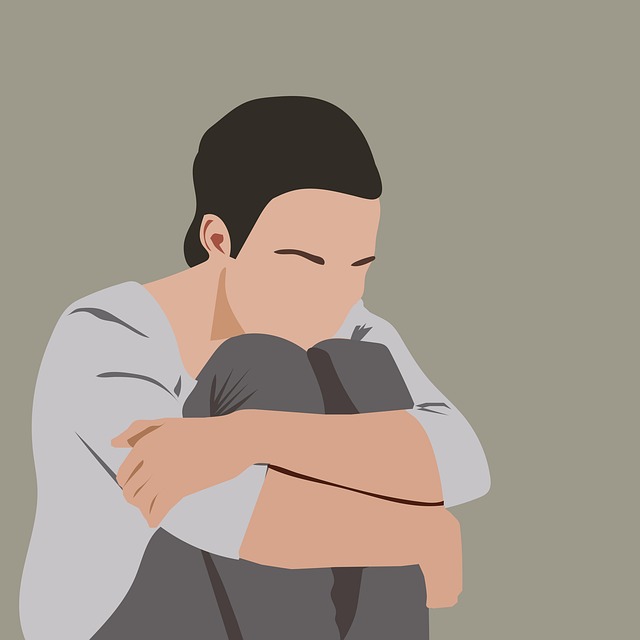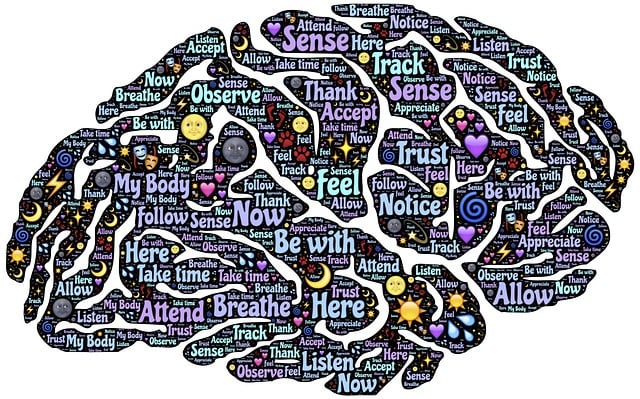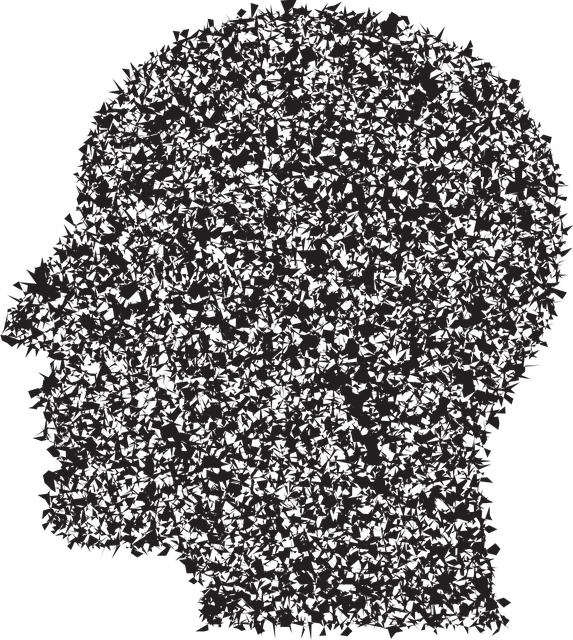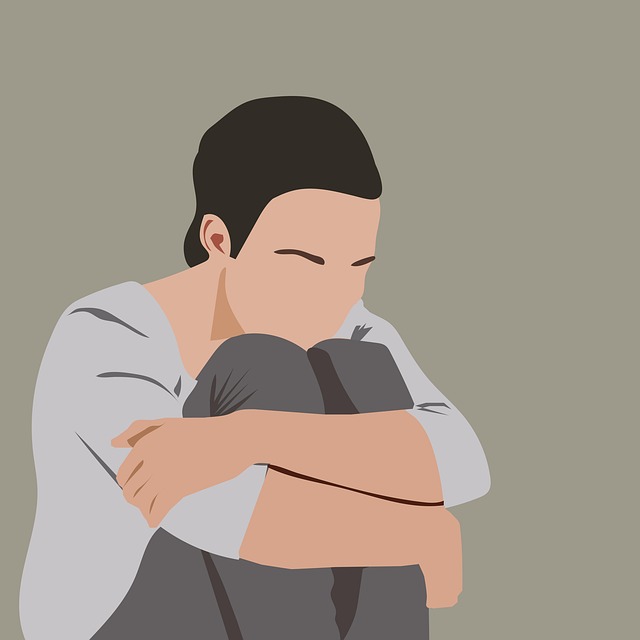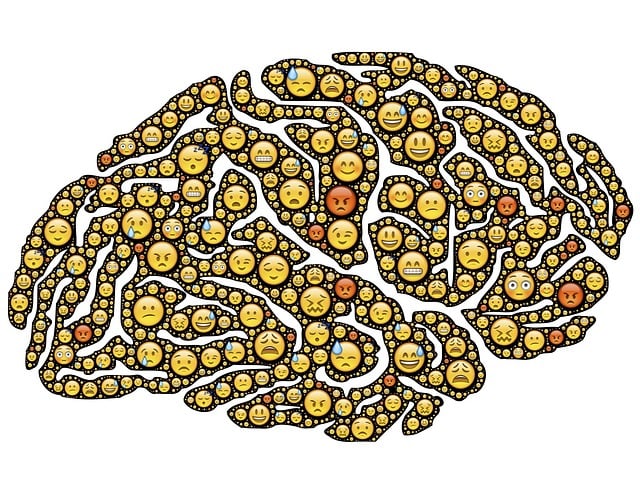Littleton Adolescent and Teen Therapy offers RFM (Resources, Strengths, Mastery), a powerful therapeutic framework for teens. This approach identifies internal resources, strengthens coping strategies, and promotes self-care routines. By addressing risk factors, fostering emotional intelligence, and providing crisis intervention, they build resilience to stress, anxiety, and mental health challenges. Their evidence-based programs, including Mental Wellness Journaling and the Mental Wellness Podcast Series, empower teens to make healthier choices, maintain positive relationships, and develop a strong sense of self, ultimately enhancing their long-term well-being. Littleton Adolescent and Teen Therapy's innovative approach has led to remarkable transformations, as seen in successful case studies demonstrating improved emotional regulation, decision-making skills, and life satisfaction.
In the heart of Littleton, adolescent and teen therapy is transforming lives through Resilient Factors Model (RFM) exercises. This comprehensive approach, tailored for young minds, focuses on building resilience, a crucial asset in navigating life’s challenges. Our article delves into the power of RFM, exploring its benefits for mental health and offering practical activities to bolster teens’ coping mechanisms. Through case studies from local therapy practices, we shine a light on successful RFM implementations, providing insights for parents and professionals alike.
- Understanding RFM: An Overview for Teen Therapy in Littleton
- The Role of Resilience Building Exercises in Adolescent Mental Health
- Identifying Risk Factors and Strengths Through RFM Analysis
- Practical Activities for Enhancing Resilience in Teens
- Case Studies: Success Stories from Littleton Adolescent Therapy
Understanding RFM: An Overview for Teen Therapy in Littleton

In Littleton Adolescent and Teen Therapy, RFM (Resources, Strengths, and Mastery) is a therapeutic framework that empowers young individuals to build resilience. This approach goes beyond traditional talk therapy by equipping teens with practical tools to navigate challenges. By identifying personal resources, strengthening coping mechanisms, and fostering a sense of mastery over their lives, RFM enables adolescents to develop a robust self-care routine for better mental health. It encourages them to document their thoughts and feelings through Mental Wellness Journaling Exercises, providing guidance on reflecting on experiences and tracking progress. This proactive method not only enhances mental wellness but also aligns with broader goals of Mental Health Policy Analysis and Advocacy, promoting long-term well-being in a supportive environment.
The Role of Resilience Building Exercises in Adolescent Mental Health

Resilience building exercises play a pivotal role in fostering mental well-being among adolescents, a demographic that faces unique challenges and pressures. In today’s fast-paced world, young individuals often struggle with stress, anxiety, and emotional regulation, which can lead to more severe mental health issues if left unaddressed. Littleton Adolescent and Teen Therapy recognizes this growing need and incorporates various resilience exercises into their treatment plans. These activities aim to equip teenagers with the skills to navigate life’s crises and setbacks, enhancing their overall ability to cope and adapt.
Through structured interventions like crisis intervention guidance and emotional regulation techniques, adolescents learn to manage their reactions during stressful situations. Mental Health Policy Analysis and Advocacy highlights the importance of such initiatives in preventing long-term mental health disorders. By fostering resilience, these exercises empower teens to make healthier choices, maintain positive relationships, and develop a stronger sense of self, all of which contribute to a more robust and adaptable mindset as they transition into adulthood.
Identifying Risk Factors and Strengths Through RFM Analysis

Identifying Risk Factors and Strengths Through RFM Analysis plays a pivotal role in resilience building exercises, particularly for adolescents and teens at Littleton Adolescent and Teen Therapy. RFM analysis is a powerful tool that helps professionals assess an individual’s risk factors and internal strengths by examining their relationships, family dynamics, and mental wellness history. By delving into these aspects, therapists can gain valuable insights to tailor interventions effectively.
This process involves analyzing three key dimensions: Risk (past and present challenges), Fragility (sensitivity to stress), and Mastery (coping mechanisms and adaptive behaviors). The Mental Wellness Podcast Series Production often emphasizes Mind Over Matter Principles in this context, encouraging teens to develop a growth mindset and cultivate mental toughness. Through RFM analysis, mental health professionals can incorporate tailored strategies into their Risk Management Planning, ensuring comprehensive care that addresses both vulnerabilities and strengths.
Practical Activities for Enhancing Resilience in Teens

Resilience building exercises play a pivotal role in equipping teens with the tools to navigate life’s challenges. At Littleton Adolescent and Teen Therapy, we emphasize practical activities that foster emotional intelligence and effective communication strategies. These skills are essential for teens to express their feelings, understand others’ perspectives, and make informed decisions.
Through structured exercises, adolescents learn to manage risks responsibly. Mental health professionals can guide them in creating risk management plans, enabling teens to assess potential dangers and develop healthy coping mechanisms. By integrating these practices into their daily lives, young individuals build a strong foundation for resilience, enhancing their ability to adapt and flourish amidst life’s ups and downs.
Case Studies: Success Stories from Littleton Adolescent Therapy

At Littleton Adolescent & Teen Therapy, we’ve witnessed firsthand how Robust Framework Method (RFM) and resilience-building exercises can transform lives. Case studies from our practice highlight successful outcomes for young individuals who faced various challenges, such as anxiety, depression, and interpersonal conflicts. By incorporating RFM principles and tailored resilience coaching into our Mental Wellness Coaching Programs Development, we’ve seen remarkable improvements in clients’ emotional regulation, decision-making skills, and overall life satisfaction.
Our approach emphasizes evidence-based Stress Reduction Methods and Conflict Resolution Techniques, empowering adolescents to navigate adversity and build inner strength. Through these exercises, teens learn to manage stress, resolve conflicts constructively, and cultivate a positive mindset—skills that are invaluable for their personal growth and academic success. These success stories from Littleton Adolescent & Teen Therapy serve as a testament to the transformative power of RFM and resilience-building in fostering mental wellness among young people.
Resilience is a powerful tool for adolescents, especially in navigating the challenges of growing up. By utilizing RFM analysis and incorporating resilience-building exercises into therapy, professionals in Littleton adolescent and teen therapy can empower young individuals to overcome risks and strengthen their mental well-being. The practical activities outlined in this article offer a promising approach to enhancing resilience, as evidenced by successful case studies. Through these methods, therapists can help teens build a robust emotional foundation, enabling them to thrive despite life’s hurdles.


